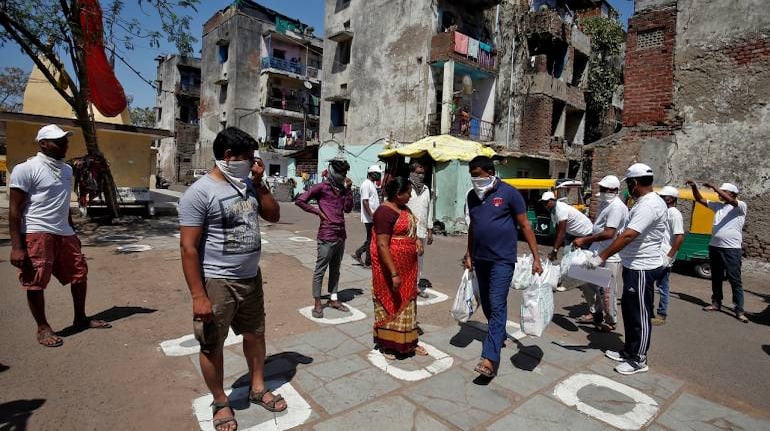



The government has extended the lockdown until June 30 in the containment areas.
As per a release by the government, the guidelines will come into effect from June 1, 2020 and will be effective till June 30, 2020. The current phase of re-opening, Unlock 1, will have an economic focus.
The key highlight in the fresh guidelines is that religious places, hotels, restaurants, hospitality services and malls will be allowed to reopen from June 8.
Areas outside containment zones will be opened up in a phased manner.
Phase 1:
Phase 2:
Schools, colleges and educational institutes will be opened after consultations with states and union territories. Based on the feedback, decision will be taken in the month of July 2020.
Phase 3:
Dates for restarting the following will be decided after assessing the situation:
>>International air travel except as permitted by MHA.
>>Metro Rail.
>>Cinema halls, gyms, swimming pools, entertainment parks, theatres, bars and auditoriums, assembly halls and similar places.
>>Social, political, sports, entertainment, academic, cultural, religious functions and other large congregations.
>>Health ministry will issue Standard Operating Procedures for Phase 1 activities.
The nationwide lockdown was first imposed from March 25 with an aim to prevent the spread of the novel coronavirus that has claimed 4,971 lives and infected more than 1.73 lakh people in the country.
The lockdown was then extended thrice up to May 31 with several restrictions eased in non-containment zones. India's economy has been severely hit by the lockdown with thousands of people losing their means of livelihood across the country.
The fifth phase of lockdown will start on June 1.
Here's the official document of the government's order:
This is a developing story. Please check back for updates.
Discover the latest Business News, Sensex, and Nifty updates. Obtain Personal Finance insights, tax queries, and expert opinions on Moneycontrol or download the Moneycontrol App to stay updated!
Find the best of Al News in one place, specially curated for you every weekend.
Stay on top of the latest tech trends and biggest startup news.